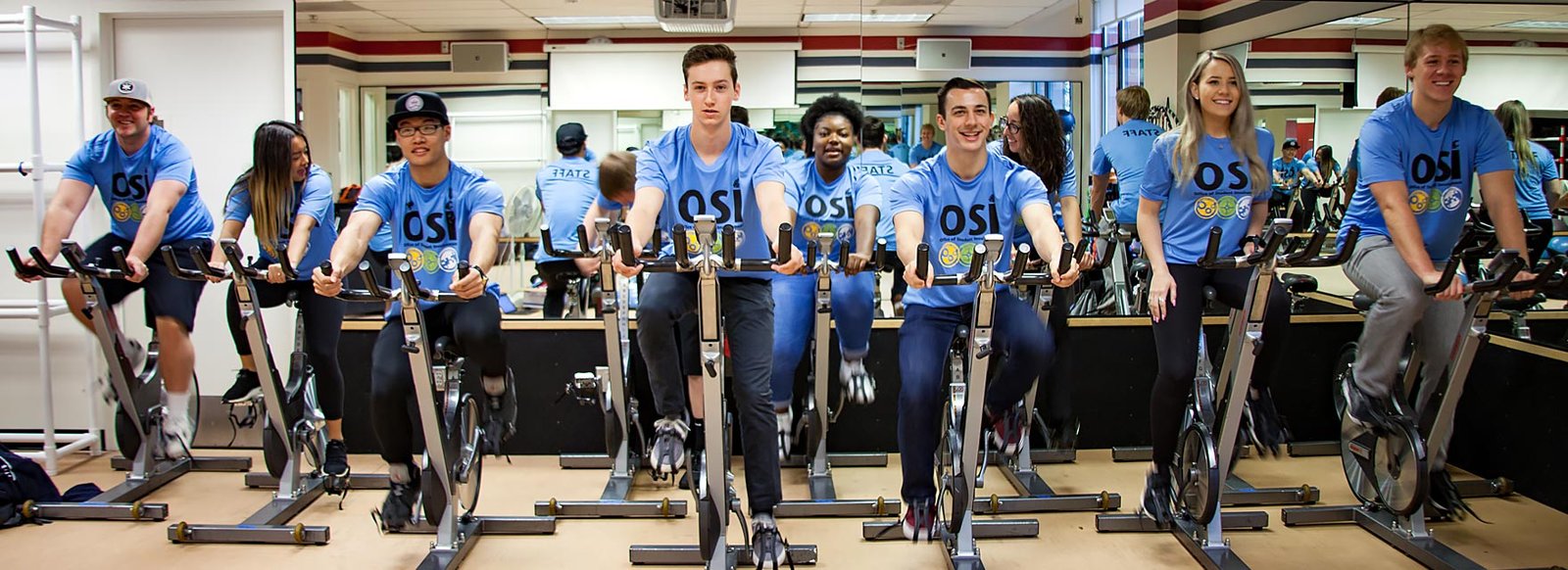Introduction
Certainly, maintaining good health is crucial for students as it directly impacts their academic performance, concentration, and overall well-being. Here are some best health tips for students:
Tips for maintaining yourself
- Balanced Diet: Eat a variety of nutrient-rich foods, including whole grains, lean proteins, fruits, vegetables, and healthy fats. Avoid excessive processed foods, sugary snacks, and fast food. A well-balanced diet provides the necessary nutrients for brain function and energy.
- Hydration: Drink plenty of water throughout the day. Dehydration can lead to fatigue, lack of focus, and decreased cognitive function. Carry a refillable water bottle and make it a habit to sip water regularly.
- Regular Meals: Don’t skip meals, especially breakfast. A healthy breakfast fuels your body and brain for the day ahead. Try to eat smaller, frequent meals to maintain steady energy levels.
- Physical Activity: Incorporate regular exercise into your routine. Aim for at least 30 minutes of moderate-intensity activity most days of the week. Physical activity improves mood, boosts concentration, and reduces stress.
- Adequate Sleep: Prioritize sleep and establish a consistent sleep schedule. Aim for 7-9 hours of quality sleep each night. Proper rest is crucial for memory consolidation, learning, and overall cognitive function.
- Stress Management: Practice stress-relief techniques such as deep breathing, meditation, yoga, or mindfulness. Chronic stress can negatively impact both physical and mental health.
- Time Management: Create a well-organized schedule to balance academic, social, and personal activities. Effective time management reduces stress and helps you accomplish tasks more efficiently.
- Limit Screen Time: Minimize excessive screen time from devices like computers, smartphones, and tablets. Prolonged screen exposure can strain your eyes and disrupt sleep patterns.
- Social Connections: Maintain a healthy social life by spending time with friends and family. Positive social interactions contribute to emotional well-being and provide a support network.
- Healthy Snacking: Choose nutritious snacks like nuts, fruits, yogurt, or whole-grain crackers. Healthy snacks help stabilize blood sugar levels and prevent energy crashes.
- Mindful Eating: Pay attention to your body’s hunger and fullness cues. Avoid eating out of boredom or stress. Mindful eating promotes better digestion and can prevent overeating.
- Personal Hygiene: Maintain good hygiene habits, including regular handwashing, dental care, and skincare. These habits help prevent illness and boost self-confidence.
- Vaccinations: Stay up-to-date with vaccinations to protect against common illnesses. Many schools require certain vaccinations for enrollment.
- Medical Check-ups: Schedule regular medical check-ups to monitor your overall health. Early detection of any health issues can lead to better outcomes.
- Limit Caffeine and Sugary Drinks: While a moderate amount of caffeine can be okay, avoid excessive consumption of energy drinks and sugary beverages, as they can lead to energy crashes and negatively affect your health.
Remember, these health tips are meant to be integrated into your daily routine gradually. Small, consistent changes can lead to significant improvements in your overall well-being and academic performance. If you have specific health concerns or conditions, it’s advisable to consult a healthcare professional for personalized guidance.



